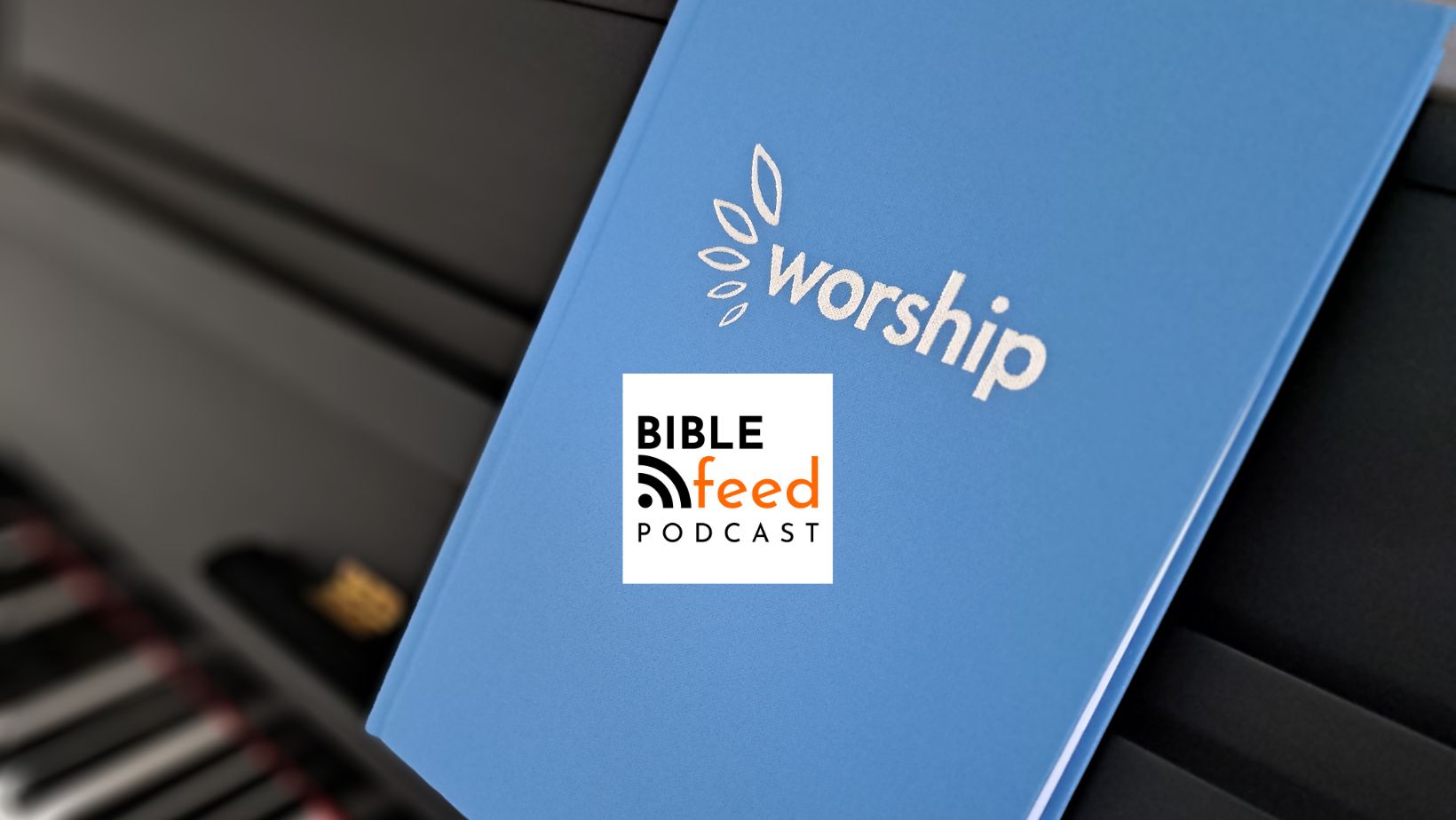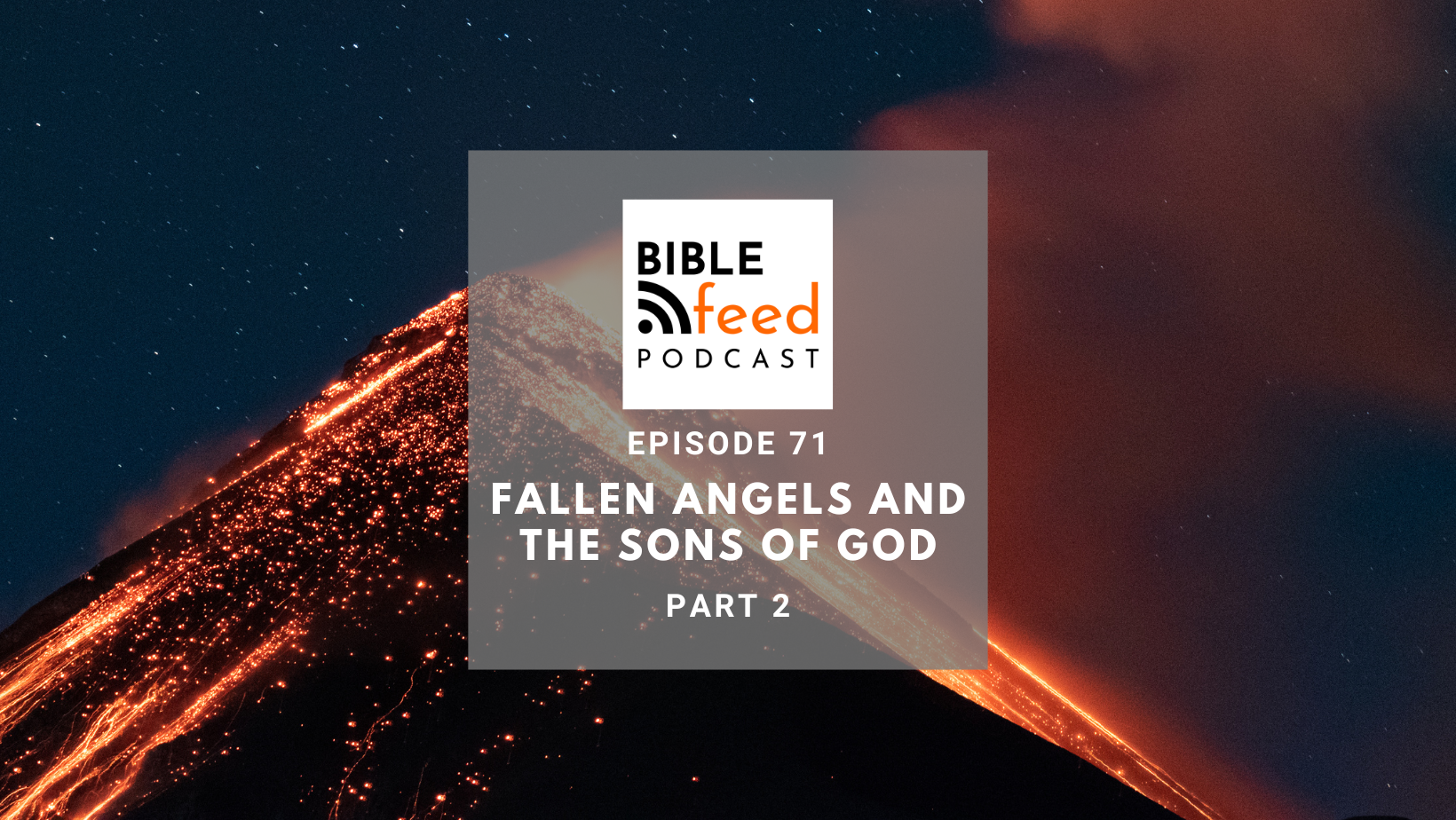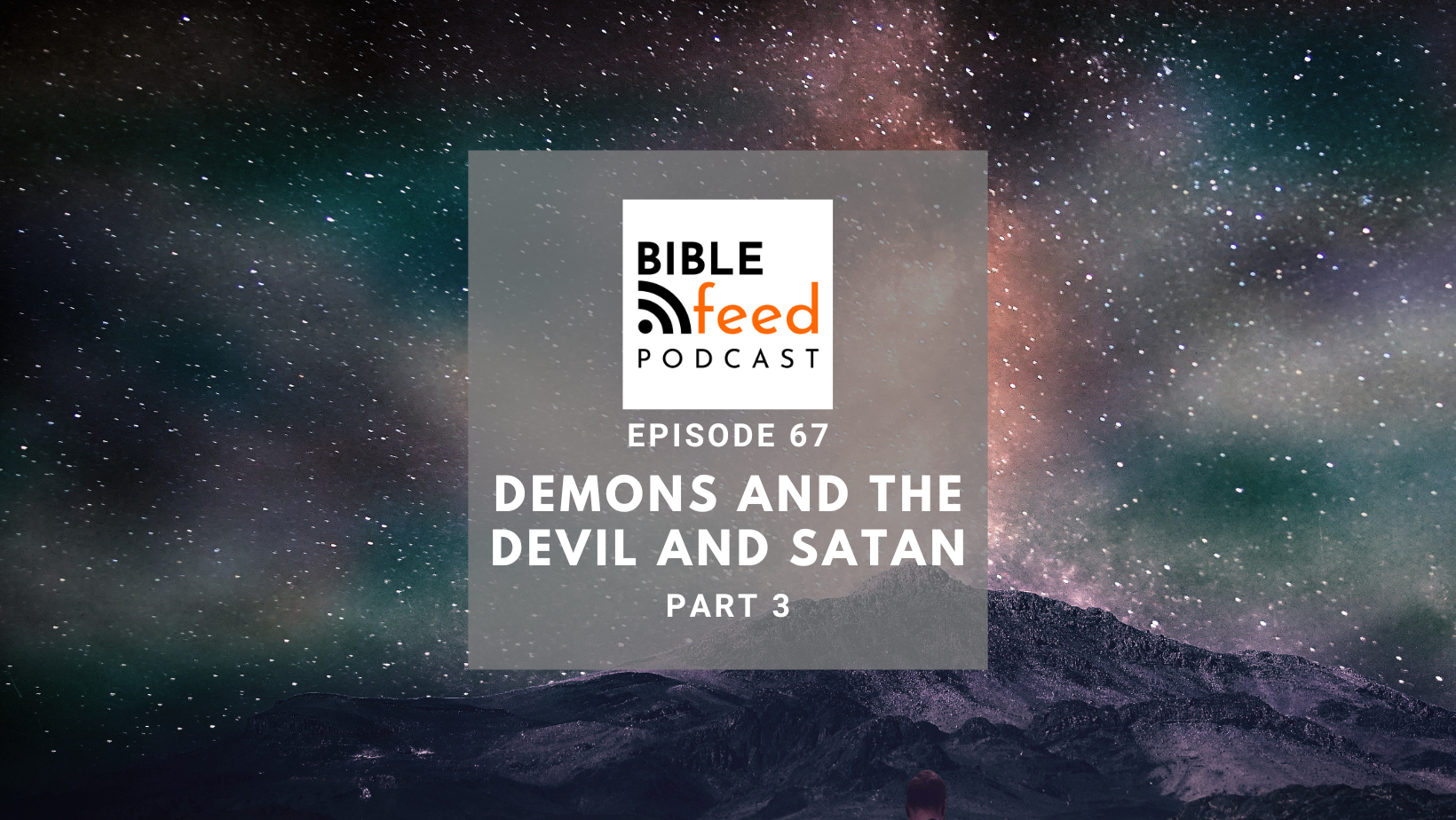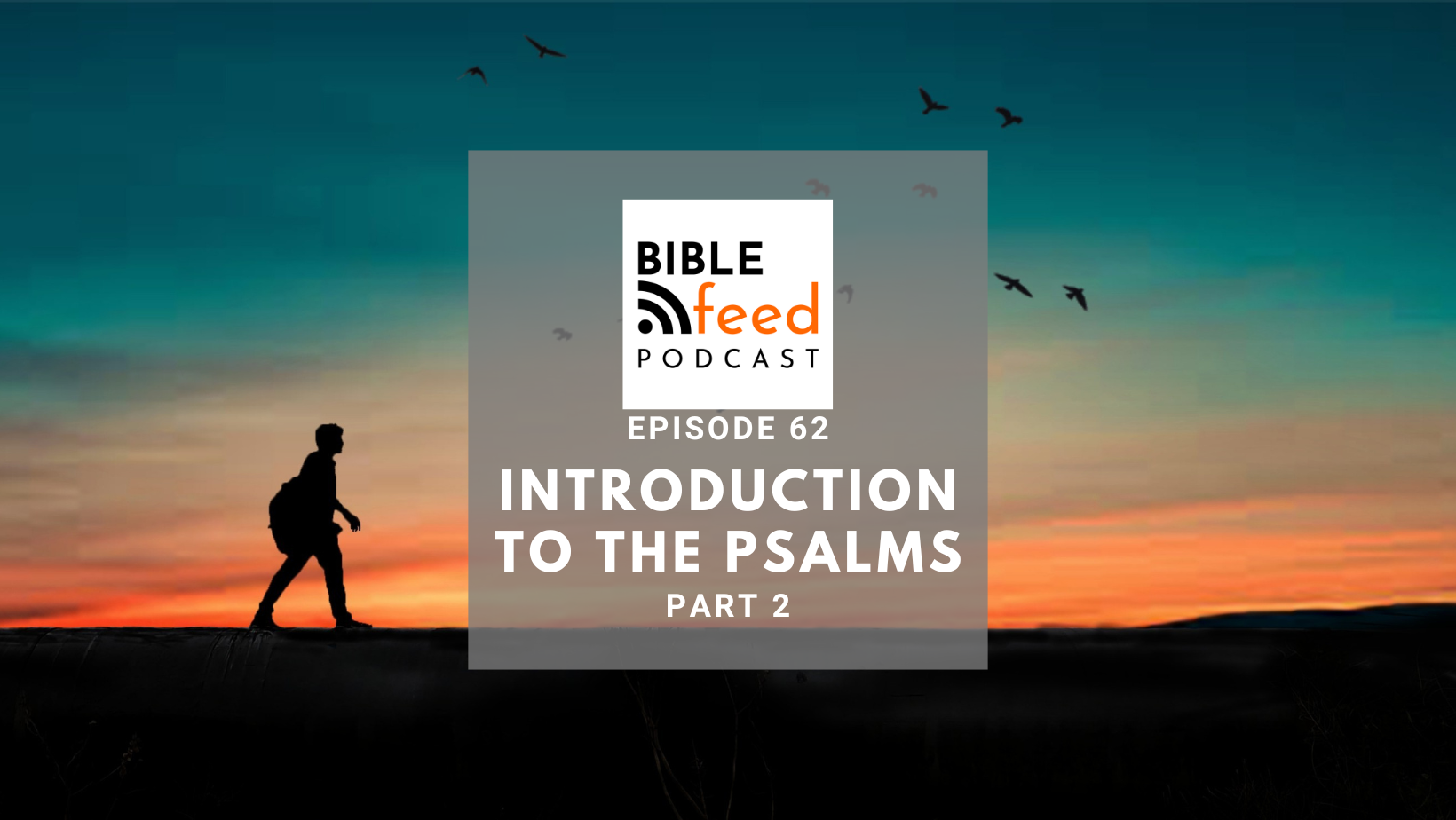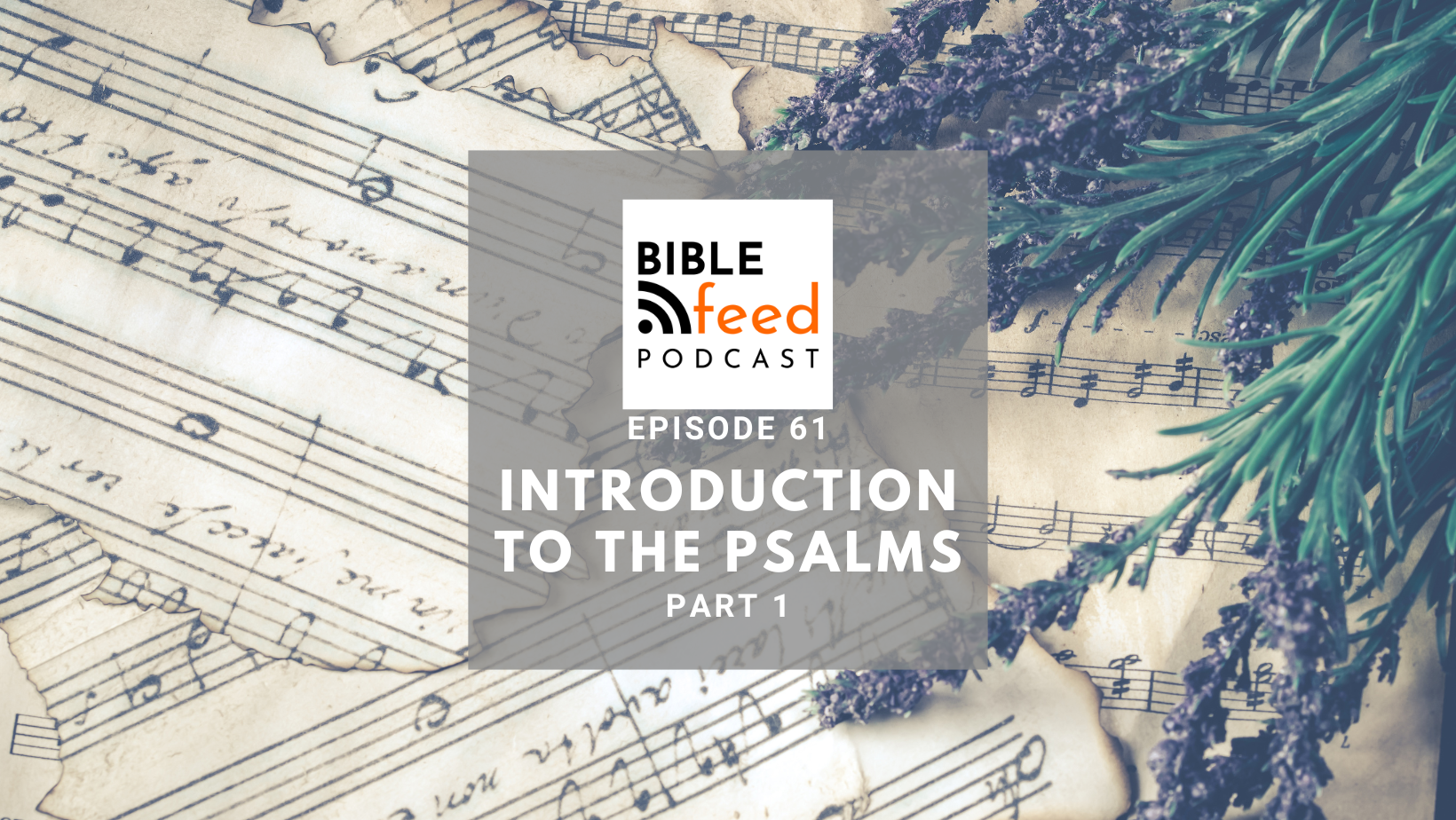We speak to Rachel Hocking from Brisbane, Australia about the latest Worship Book, a collection of "Psalms, hymns, and spiritual songs" crafted by members of the Christadelphian community. We discuss the blend of traditional and contemporary styles, the distinctive doctrines highlighted in song, and how this project is an exciting window into the global Christadelphian church.
We continue our exploration of the Divine Council worldview by looking at claims made about verses in Deuteronomy 32, the introduction to the book of Job and Psalm 82. It is useful to understand the cultural background to the text of the Bible, but we conclude that it's also important to avoid being distracted by speculative ideas from the main thrust of the Bible message about Jesus reconciling humans to God.
Where do demons fit into a Biblical theology? We look at the few places they appear in the Old Testament and find them linked to the idols worshipped by the peoples around the ancient Israelites. It turns out they are presented as having no real existence or power. So why do demons suddenly make a large appearance in the Gospels?
In the dead of night, in the middle of the sea of Galilee under a ferocious storm, Jesus appears walking on the waves towards his disciples. He calms the sea and the boat is immediately at land and safety. It's no wonder that the disciples were amazed at this. What did this mean? If Jesus could control creation by walking on the raging sea, does that make him divine? Does walking on water show that Jesus is God?
Continuing the conversation from Part 1, Jordan and Dan find that some Psalms express doubts and uncertainties and deeply question what God is doing. But by remembering what God has done in the past the Psalmist is led back to peace of mind and trust in God, ending with a call for "everything that has breath to praise the LORD"!
In the first part of our introduction to the Psalms, Dan talks to Jordan Walton about whether the Psalter is just a random collection of prayers and songs or whether there is some structure to it. Having identified a five book structure, they start to delve into the focus of books one and two.
How should we read the Old Testament in the light of Jesus? Do we even need to pay it any attention now that Jesus has come? We consider what it means for Jesus to fulfil the Old Testament and find that, when Jesus reads and applies the different parts of the Hebrew Bible, he shows us how to bring it to life in our lives as Christians today.
There's so much that could be said about the record of Jesus' crucifixion and resurrection so we focus this discussion on just one phrase that Jesus said on the cross. It's a heart wrenching moment, but what we think he meant is guided by who we think Jesus is. We explore the narrative, the Psalm in the background and end up with the reflections of the Apostle Paul and the conclusion of Matthew's gospel with the glory of the resurrection.
Laurence and Dan continue their exploration of the Gospel of Matthew. This time they take a journey into the wilderness and, through the text of Matthew 4, they witness a strange encounter between the newly baptised Jesus and "the devil", the tempter, or satan. Who or what is this character? Is it a person or a being of some sort? As they explore the text they discover a number of 'flags' which indicate that all is not as it may seem at first sight. Intrigued?! Listen in to hear how their enquiries lead to a compelling explanation!

